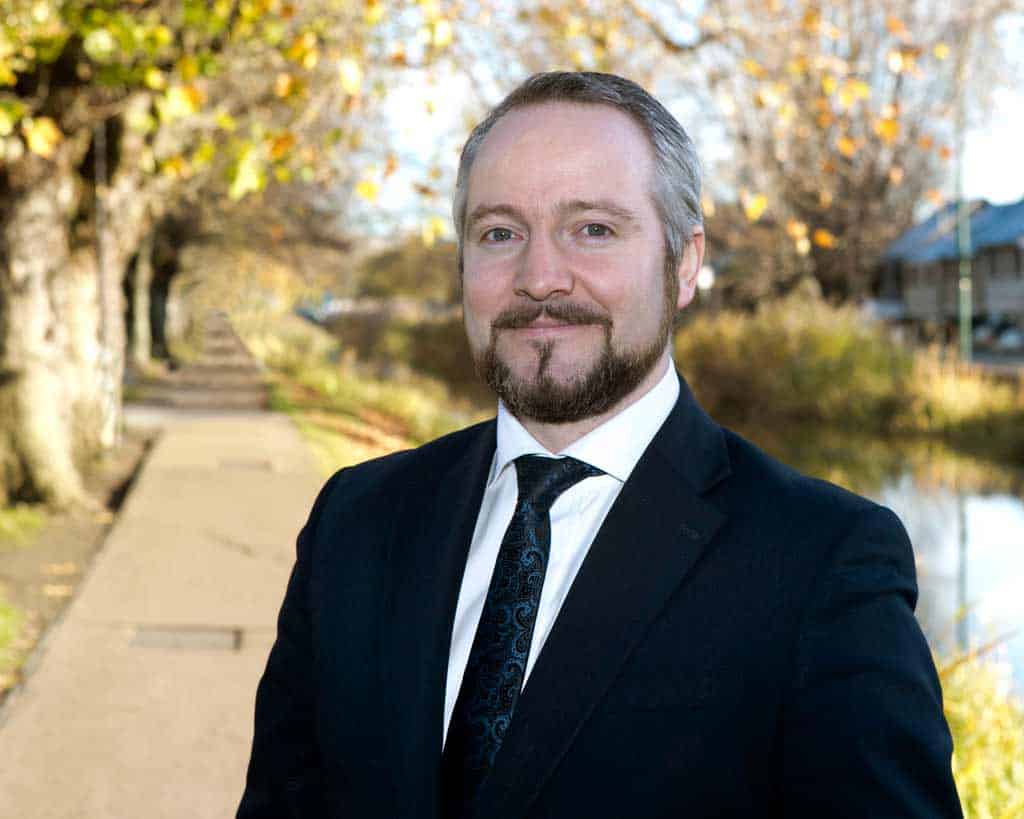Jim Gannon, CEO of SEAI
SEAI responsible for awarding €8million funding to 45 innovative energy projects
The Sustainable Energy Authority of Ireland (SEAI) is responsible for awarding €8 million in Government funding to 45 projects which aim to develop solutions that will help our homes, businesses and communities deliver a cleaner energy future. The projects range in duration from one to four years.
Discussing the funding programme, Jim Gannon, CEO of SEAI said:
New solutions and new technologies are central to achieving a sustainable energy future for Ireland. With direct involvement from industry, academia and local enterprises, the 45 projects we are funding will deliver real solutions to problems that the energy sector is facing today. These projects will facilitate innovation in the energy market, inform policy, and develop the technical solutions we need to create a thriving and efficient clean energy sector.
Projects awarded funding:
Some of the projects awarded funding include:
A team led by Dr Miriam Byrne in NUI Galway, working in collaboration with researchers in University College Dublin (UCD), are investigating the effectiveness of ventilation systems in A-rated energy efficient homes. Good ventilation is critical for a healthy home. The study will monitor air quality in 100 A-rated homes and assess the comfort and satisfaction of homeowners.
SSE Airtricity working with CeADAR (Centre for Advanced Data Analytics Research) at UCD, will employ state of the art Artificial Intelligence (AI) to optimise renewable energy producers forecasting ability. The aim of the project is to reduce volatility in the wholesale energy market making it more cost effective for renewable energy producers to participate and ultimately lower energy prices for consumers.
A collaborative project involving; Gas Networks Ireland, IFA, ICMAS, Teagasc, and a number of other community groups, local authorities and academics, plans to develop a model for regional anaerobic digester (AD) clusters. If successful the model will facilitate access to the gas network and diversify income streams for farmers.







